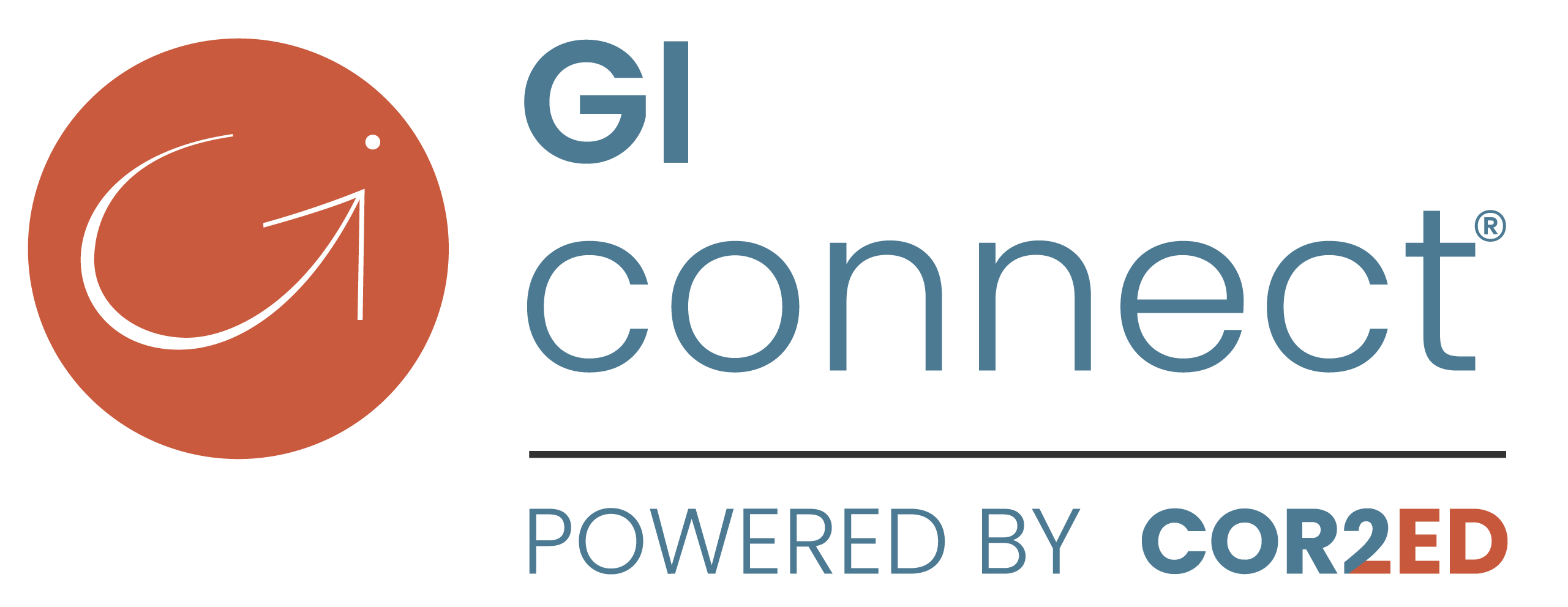Podcast 1: Upper GI
Dr Efrat Dotan and Dr Nataliya Uboha focus on their selected key abstracts in upper GI cancer, sharing their thoughts on how the data could influence the treatment and management of gastric/gastro-esophageal (G/GE) cancer.
Clinical takeaways:
- SPOTLIGHT trial results demonstrate the benefit of treatment with zolbetuximab + mFOLFOX in patients expressing Claudin 18.2
- In RATIONALE 305, tislelizumab, like nivolumab, shows promising results for PD-L1+ve patients
- CheckMate 649 follow up data at 3 years further supports the use of nivolumab + chemotherapy in first-line setting in patients with advanced G/GE cancer
- INTEGRATE IIa study had statistically significant results for regorafenib vs placebo in refractory advanced GE cancer. Results of INTEGRATE IIb are eagerly awaited
- The data from NEO-AEGIS make clinical decision-making between peri-operative chemotherapy and CROSS easier
- The results from INFINITY show the potential of tremelimumab + durvalumab as standard of care for patients with resectable MSI-H G/GE cancer
Podcast 2: Lower GI
Prof. Shubham Pant and Prof. Andrea Sartore-Bianchi discuss lower GI cancer and the key abstracts that they identified as potentially impacting the way we manage treatment for colorectal cancer (CRC).
Clinical takeaways:
- In SUNLIGHT, trifluridine/tipiracil plus bevacizumab improved overall survival and progression-free survival in refractory CRC patients and should be considered a standard of care in the refractory treatment setting
- In the kinetics of postoperative cfDNA/ctDNA2 study, post operative ctDNA-positivity was significantly associated with shorter recurrence-free survival. Clinical data are insufficient at this stage to consider molecular residual disease testing as standard of care for patients with resectable CRC
- Durable objective responses were observed in heavily pre-treated MSS CRC patients treated with balstilimab plus botensilimab. Further investigation is warranted
- In NRG-GI002, neither veliparib or pembrolizumab significantly improved short-term outcomes in unselected patients when added to total neoadjuvant therapy (TNT). This trial provides TNT outcome data for benchmarking in future LARC trials
Listen to the podcasts and download the slides on the selected abstracts.












 Downloadable
Downloadable  5 MIN
5 MIN
 Jun 2025
Jun 2025 






